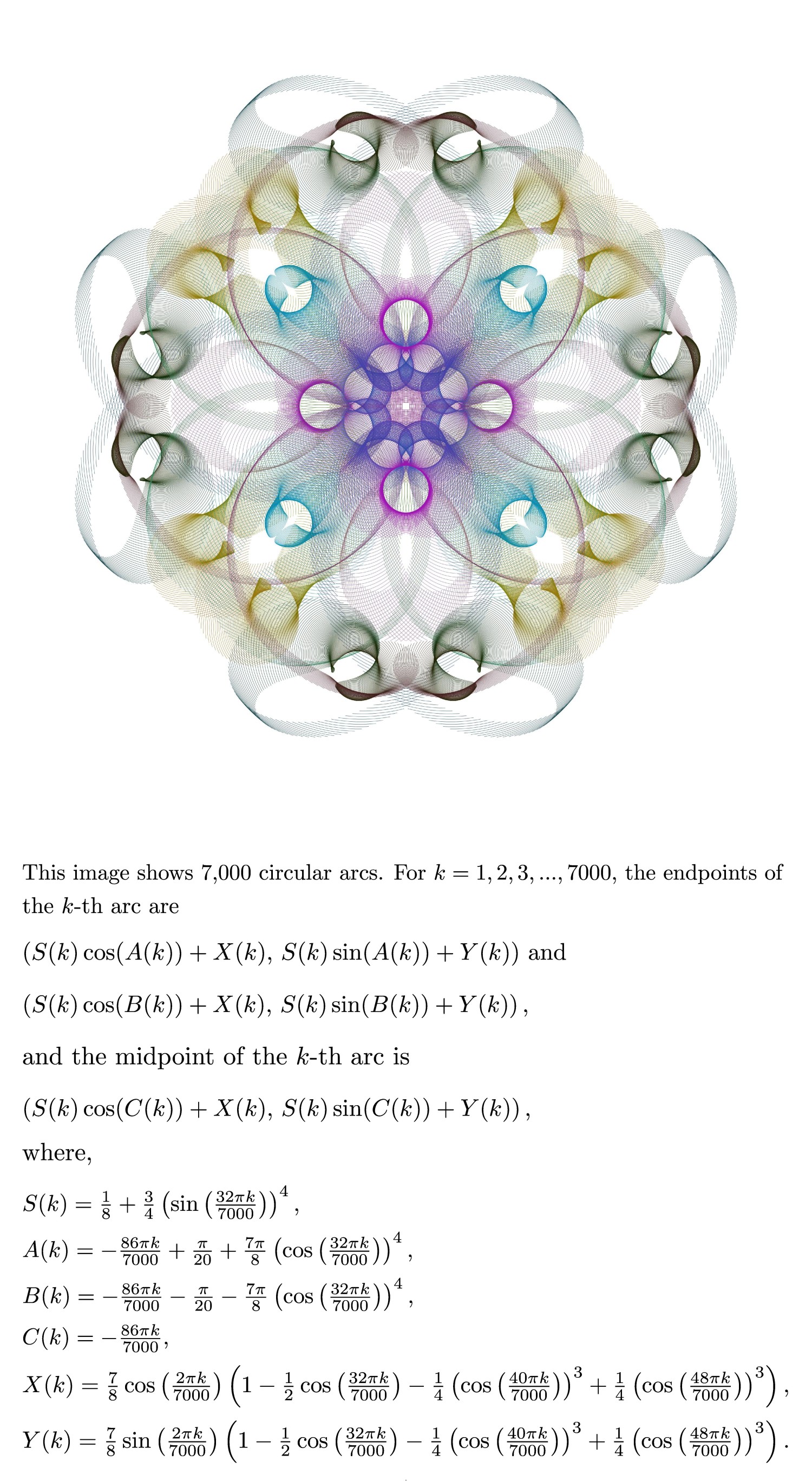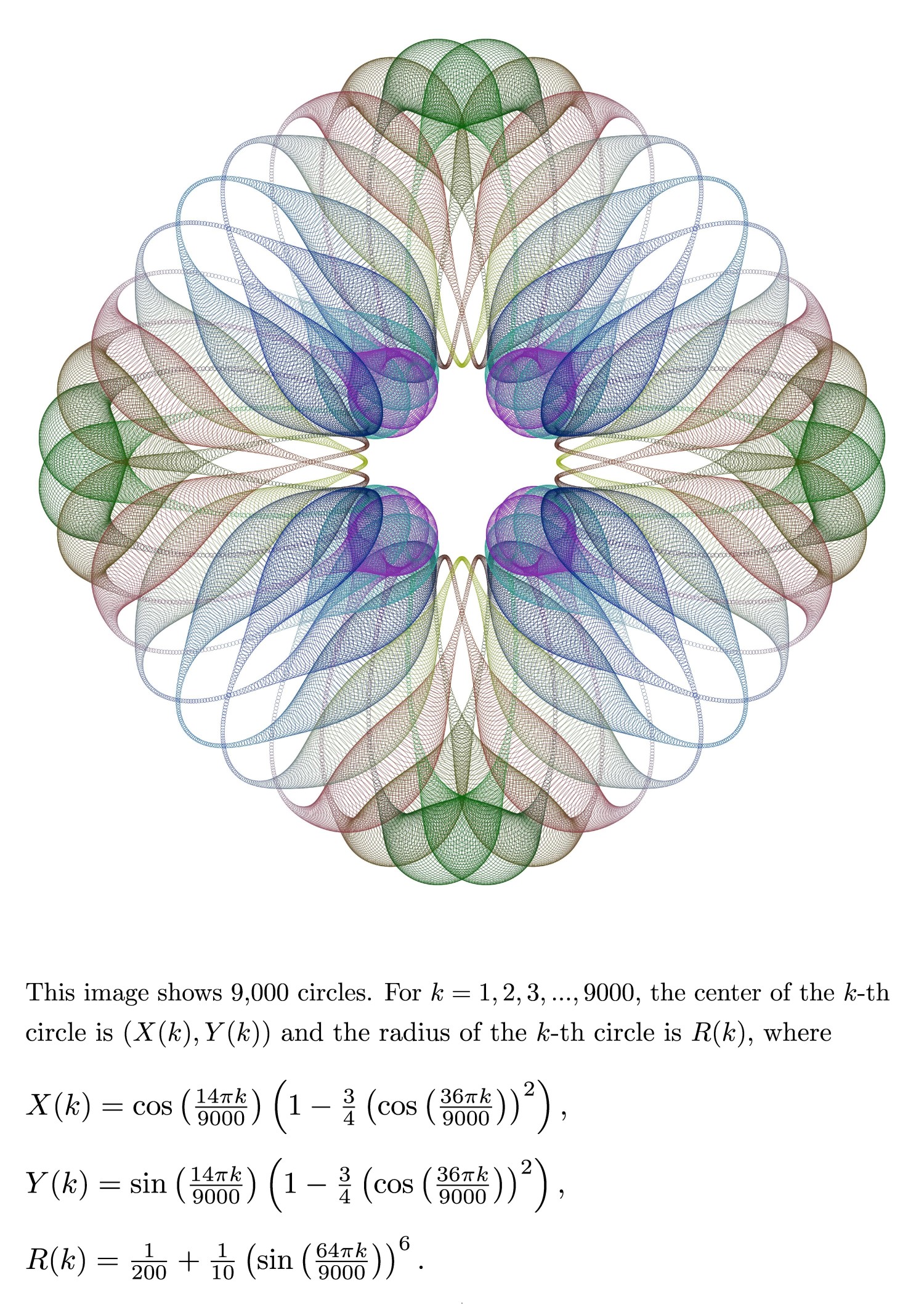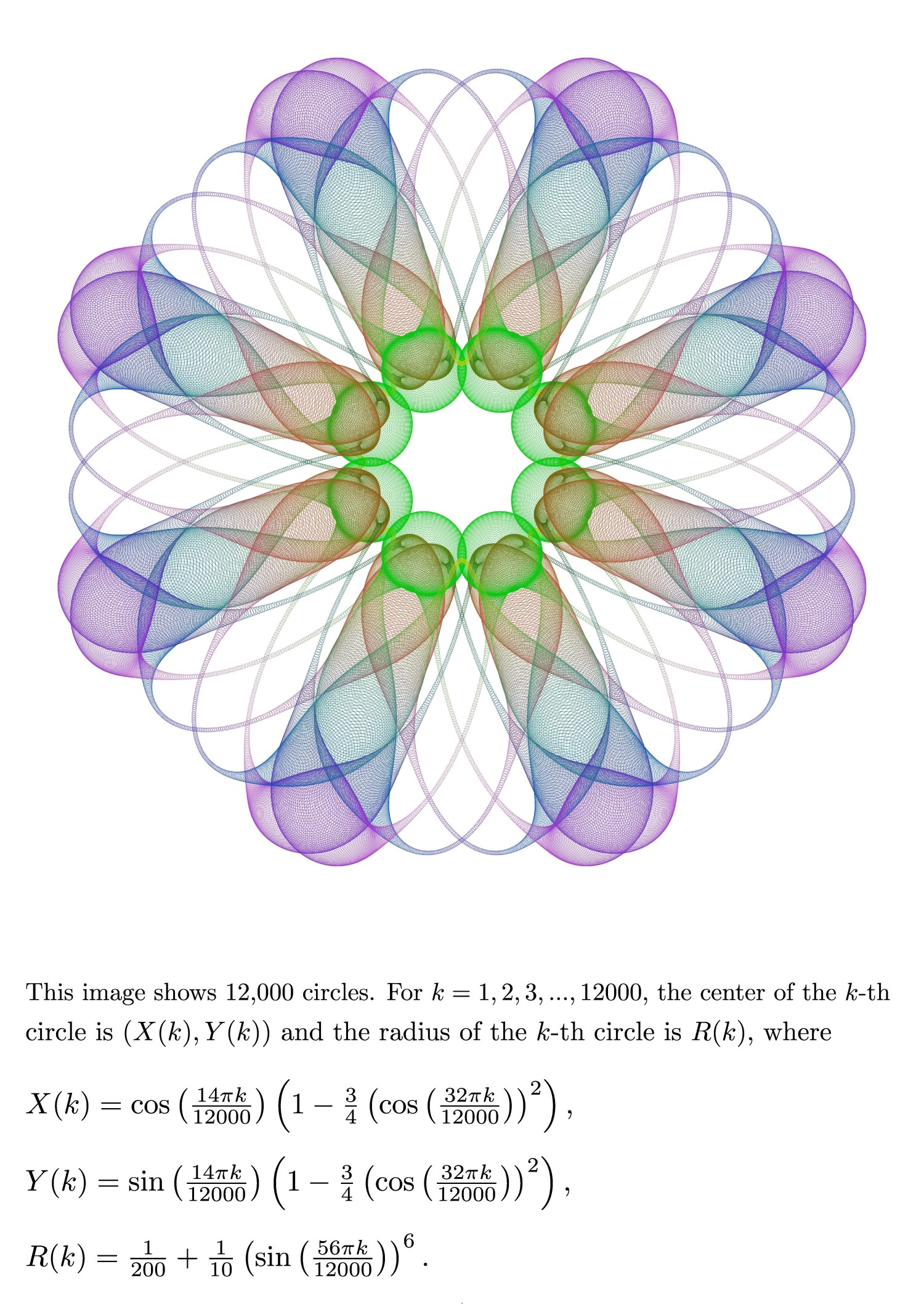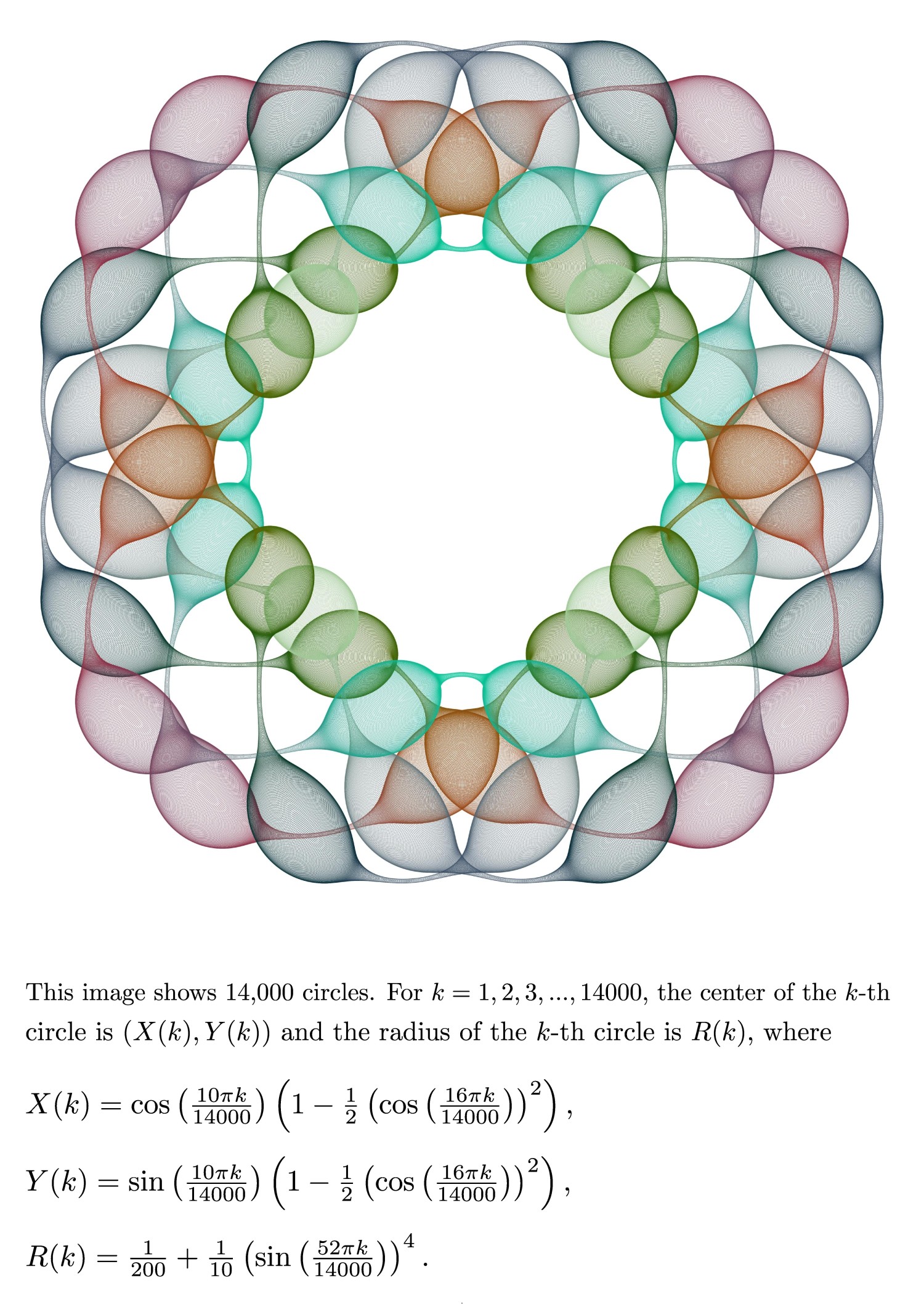A wonderful short article appeared yesterday on the Scientific American blog about the limits of human knowledge — "How Much Can We Know?"
What makes my job truly special is that I get to show people things they can't explain. And — assuming I do my job well enough — they have no hope of explaining. But the fact that I can do this consistently means that what I do is not un-understandable, because clearly I understand it. Still I find many people are all to eager to rope off certain areas of inquiry, declaring in advance that no understanding is possible and therefore no attempt is necessary.
The article begins
““What we observe is not nature in itself but nature exposed to our method of questioning,” wrote German physicist Werner Heisenberg, who was the first to fathom the uncertainty inherent in quantum physics. To those who think of science as a direct path to the truth about the world, this quote must be surprising, perhaps even upsetting. Is Heisenberg saying that our scientific theories are contingent on us as observers? If he is, and we take him seriously, does this mean that what we call scientific truth is nothing but a big illusion?”
But just like Darwin's treatment of the eye in On The Origin of Species this is a set-up. There is scientific light at the end of the tunnel:
“Sometimes people take this statement about the limitation of scientific knowledge as being defeatist: “If we can’t get to the bottom of things, why bother?” This kind of response is misplaced. There is nothing defeatist in understanding the limitations of the scientific approach to knowledge. Science remains our best methodology to build consensus about the workings of nature. What should change is a sense of scientific triumphalism—the belief that no question is beyond the reach of scientific discourse.”







